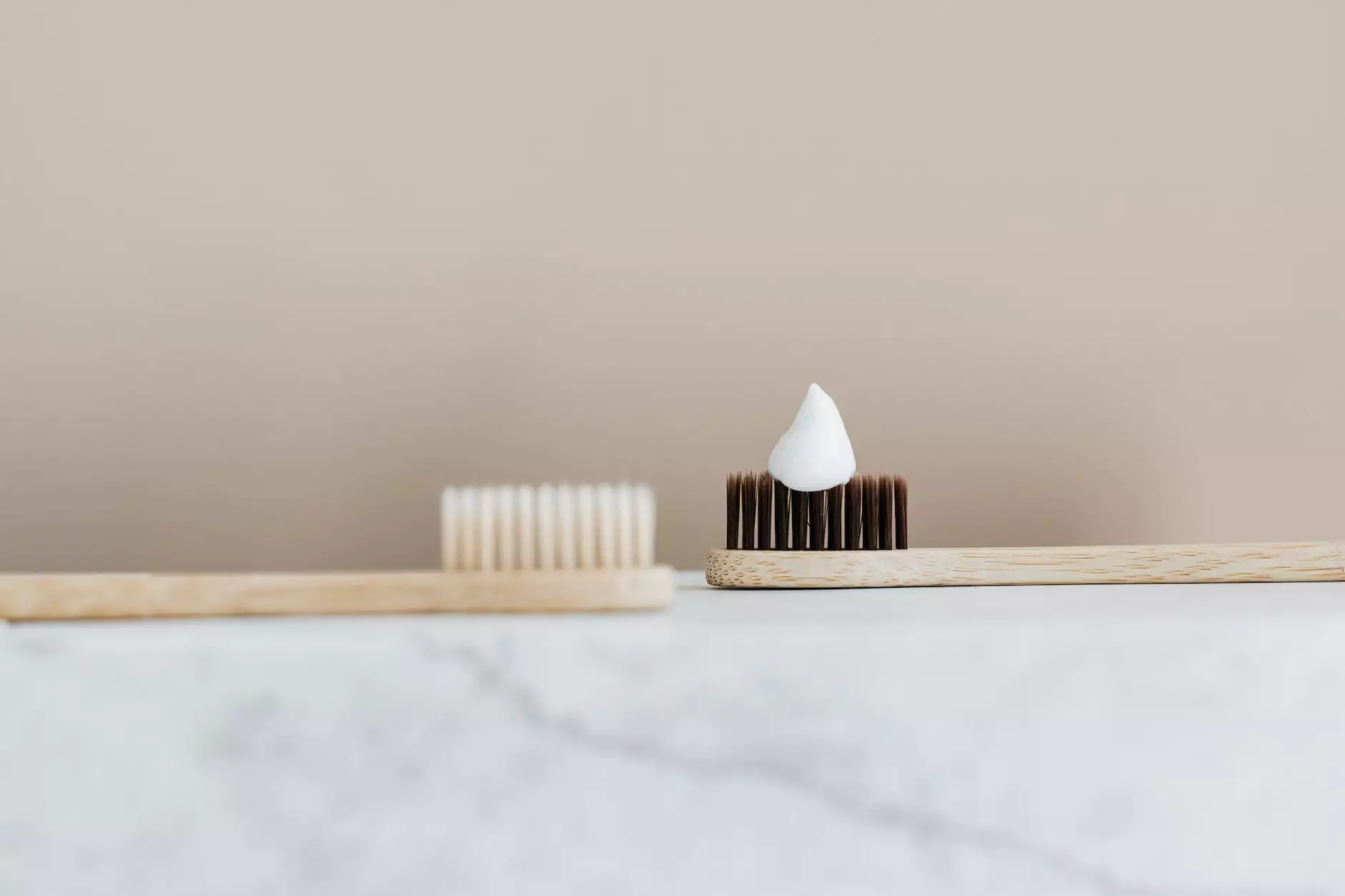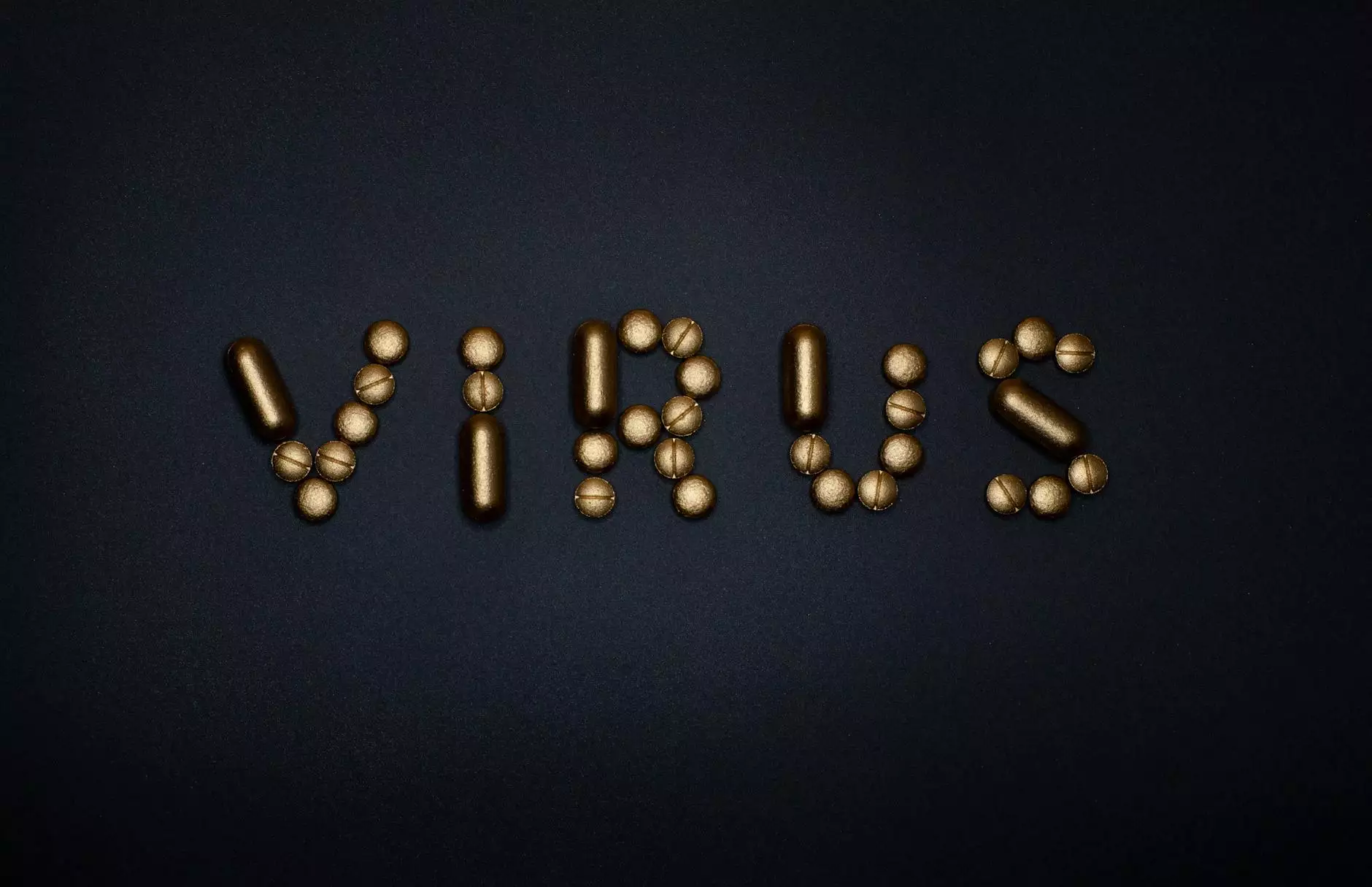Understanding the Cost for a Dental Crown: A Comprehensive Guide

What is a Dental Crown?
A dental crown is a type of dental restoration that completely covers or encapsulates a tooth or dental implant. Crowns are often used to protect weak teeth, restore broken ones, support large fillings, or improve the aesthetics of a tooth. Understanding the cost for a dental crown can help you make informed decisions regarding your dental health.
Factors Influencing the Cost for a Dental Crown
The cost for a dental crown can vary widely based on several factors, including:
- Material Used: Crowns can be made from various materials such as porcelain, metal, or a combination of both. Porcelain crowns often cost more due to their aesthetic appeal and natural appearance.
- Location: Dental costs can vary by region. Urban areas typically have higher dental fees compared to rural areas.
- Dentist’s Expertise: The experience and specialization of your dentist can also affect pricing. More experienced dentists may charge higher fees.
- Dental Insurance: Coverage from your dental insurance can significantly decrease your out-of-pocket costs. It’s important to check with your provider regarding what is covered.
- Additional Procedures: Sometimes, the dentist may need to perform additional procedures before placing a crown, such as root canals or extractions, adding to the overall cost.
Typical Price Range for Dental Crowns
On average, the cost for a dental crown can range between $800 and $1,500 per crown, depending on the factors aforementioned. Here’s a rough breakdown of costs based on material:
- Porcelain Crowns: $1,000 to $1,500
- Metal Crowns: $800 to $1,300
- PFFC (Porcelain Fused to Metal) Crowns: $900 to $1,400
- Resin Crowns: $800 to $1,200
Understanding Different Types of Dental Crowns
When considering the cost for a dental crown, it's essential to understand the different types available:
- All-Porcelain Crowns: Known for their natural appearance, these crowns are excellent for front teeth.
- Metal Crowns: Durable and less prone to cracking, these crowns are suitable for back teeth but less aesthetically pleasing.
- Porcelain-Fused-to-Metal Crowns (PFM): These provide a good balance of strength and aesthetics.
- Resin Crowns: Generally less expensive, but they wear down faster and are more susceptible to fractures.
Why Are Dental Crowns Necessary?
Dental crowns serve several important purposes, including:
- Protection: They protect weak or damaged teeth from further wear and tear.
- Restoration: Crowns restore the function and shape of a tooth after significant damage.
- Aesthetic Improvement: They can significantly enhance the appearance of misshaped or discolored teeth.
How to Save on the Cost for a Dental Crown
Here are some tips for managing the cost for a dental crown:
- Dental Insurance: Ensure your insurance covers dental crowns and understand your benefits.
- Payment Plans: Many dental offices offer financing options; ask about monthly payment plans.
- Look for Discounts: Some clinics provide discounts for cash payments or special promotions.
- Consider Dental Schools: Dental schools often offer lower prices for treatments performed by students under supervision.
What to Expect During the Dental Crown Procedure
The process for getting a dental crown typically involves two visits:
- First Visit: The dentist will examine and prepare the tooth, take impressions, and possibly place a temporary crown.
- Second Visit: Once your permanent crown is ready, you'll return to the office to have it fitted and cemented into place.
Aftercare for Dental Crowns
Caring for your dental crown is essential for longevity. Here are some aftercare tips:
- Maintain Oral Hygiene: Brush and floss daily to prevent decay and gum disease.
- Avoid Hard Foods: Avoid biting down on hard foods that could crack your crown.
- Regular Dental Check-Ups: Visit your dentist regularly for check-ups and cleanings to ensure your crown remains in good condition.
Conclusion
The cost for a dental crown can seem daunting, but understanding what influences these costs can help you navigate dental expenses effectively. Investing in a dental crown not only restores the function and appearance of your teeth but also contributes significantly to your overall dental health. Always consult with your dentist to discuss options that suit your budget and needs, ensuring that you make the best choices for your oral health.
For more information or to consult with a dental professional, visit wupdoc.com.



